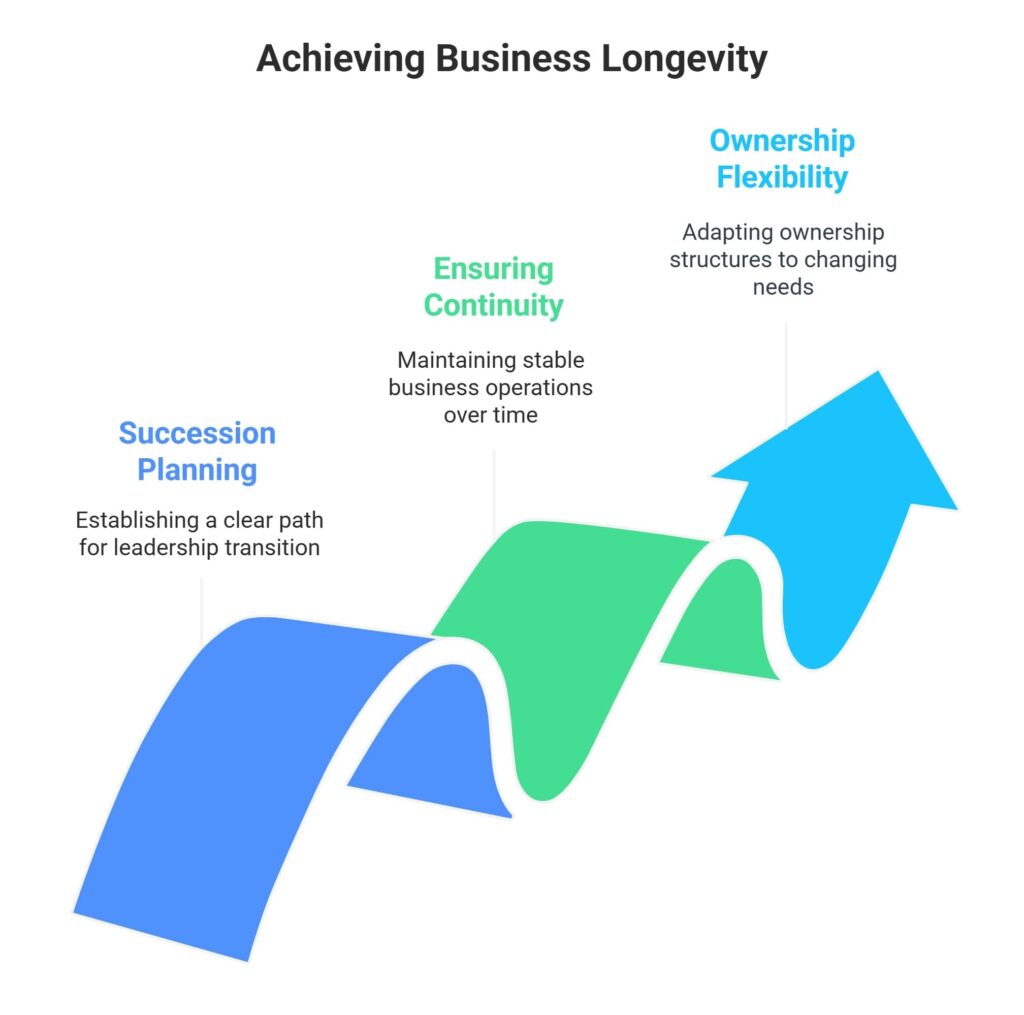For Canadian entrepreneurs, freelancers, and small business owners, selecting the right business structure is a pivotal decision. Should you operate as a sole proprietorship or incorporate your business? This choice impacts taxes, liability, credibility, and long-term growth potential.
At Cloudhaus Law, we guide clients in choosing the most effective structure for their goals and legal obligations. This article compares incorporation vs sole proprietorship and explains the benefits of incorporating vs sole proprietorship to help you make an informed decision.
Understanding the Basics: Sole Proprietorship vs. Incorporation
A sole proprietorship in Canada is the simplest and most common form of business ownership, where the owner and business are legally one entity. There is no separation between personal and business assets, so you personally report all business income, losses, and liabilities.
Incorporation, whether through federal incorporation or provincial incorporation, creates a separate legal entity, a corporation, with its own rights and responsibilities. This structure distinguishes the business from its owners and provides important advantages for entrepreneurs deciding between a sole proprietor vs incorporation setup.
If you are wondering about the difference between a sole proprietorship and corporation, it mainly lies in liability, taxes, and growth potential, all of which are explained below.
Limited Liability Protection: A Major Shift
One of the most significant advantages of incorporation vs sole proprietorship is limited liability protection.
In a sole proprietorship, the owner faces unlimited liability, meaning personal assets like your home or savings are at risk if the business incurs debt or legal issues.
By contrast, an incorporated business shields personal assets. The corporation itself assumes business liabilities, protecting the owner except in cases involving personal guarantees or fraud.
For those in high-risk industries like construction, healthcare, or consulting, incorporating vs sole proprietorship offers vital protection and peace of mind.
Tax Planning and Financial Advantages
Taxes play a major role when comparing corporation vs sole proprietorship in Canada.
In a sole proprietorship, income is reported on your personal tax return and taxed at your personal income tax rate. As your income grows, your tax obligations rise proportionally.
Incorporation, however, allows access to lower corporate tax rates. Through the Small Business Deduction (SBD), the first $500,000 of active business income is taxed at reduced rates, around 9% federally plus provincial rates. This can result in major tax savings.
An incorporated business also allows income splitting, tax deferral, and strategic reinvestment. For example, a freelancer earning $150,000 could incorporate, draw a salary, retain profits in the corporation, and reinvest, lowering personal tax burdens significantly.
These benefits of a corporation vs sole proprietorship often make incorporation the better long-term choice for established or growing businesses.
Enhanced Credibility and Access to Capital
Choosing between sole proprietorship vs corporation also affects your business credibility and financing options.
Incorporated businesses appear more professional and trustworthy to clients, partners, and lenders. Many contracts and government projects specifically require incorporated entities.
Corporations can also issue shares or attract investors, an option unavailable to sole proprietors. Sole proprietorships typically rely on personal loans or savings, limiting capital access.
The benefits of incorporating vs sole proprietorship extend beyond taxes; they improve your business’s reputation and ability to secure funding.
Succession, Continuity, and Ownership Flexibility

Incorporation also provides long-term flexibility for succession planning and ownership.
A sole proprietorship ends when the owner retires, sells, or passes away, since the business is legally tied to the individual. This makes continuity and transfer of ownership difficult. Want to start a corporation? know your key documents
Incorporated companies have perpetual existence, meaning they continue even when ownership changes. Shares can be sold, transferred, or inherited, making it easier to manage succession, estate planning, or business sales.
For family-run enterprises or startups preparing for acquisition, these advantages make incorporated vs sole proprietorship a more strategic choice.
Compliance and Administrative Complexity
When comparing incorporation versus sole proprietorship, consider the difference in setup and maintenance.
Sole proprietorships are simple and inexpensive to start, with minimal paperwork and low registration costs.
Incorporation, however, involves more steps and costs, including articles of incorporation, annual filings, corporate records, and separate tax returns.
While the process may seem complex, a corporate lawyer can simplify it. At Cloudhaus Law, we help clients manage incorporation filings, tax planning, and compliance so they can focus on running their business effectively.
Sole Proprietorship vs Incorporation in Canada: Key Differences
| Factor | Sole Proprietorship | Incorporation |
| Legal Structure | Single entity with owner | Separate legal entity from owners |
| Liability | Unlimited liability; personal assets at risk | Limited liability; personal assets protected |
| Taxation | Personal income tax rate on all business income | Lower corporate tax rate; tax deferrals available |
| Credibility | May appear less established | Enhanced credibility with stakeholders |
| Cost & Complexity | Low startup costs; minimal requirements | Higher costs for incorporation and compliance |
| Access to Capital | Limited to personal savings or loans | Can issue shares to investors |
| Continuity & Succession | Ends with owner’s exit | Perpetual existence |
| Privacy | Minimal disclosures | More disclosures but structured privacy |
| Control | Full control by owner | Subject to shareholder agreements |
| Ideal For | Freelancers or new ventures | Growing or high-risk businesses |
This table illustrates the main differences between sole proprietorship and corporation structures to help you determine the best path.
Can a Sole Proprietorship Be Incorporated? Transitioning to a Corporation
Yes, you can incorporate a sole proprietorship in Canada. Many small business owners start as sole proprietors and later transition once income and risk increase.
If you are wondering can I incorporate a sole proprietorship or can a sole proprietor be incorporated, the answer is yes. This process involves registering a new corporation and transferring assets, licenses, and business numbers to the incorporated entity.
This transition allows you to enjoy the benefits of incorporating vs sole proprietorship, such as limited liability, tax savings, and professional credibility. At Cloudhaus Law, we assist clients through the entire process of incorporating a sole proprietorship in Canada, ensuring compliance and smooth ownership transfer.
Making the Decision: Incorporate or Sole Proprietorship?
The decision between incorporation vs sole proprietorship in Canada depends on your goals, income, and risk tolerance.
Consider incorporation if:
-
Your business earns over $70,000 to $100,000 annually
-
You need limited liability protection for personal assets
-
You plan to scale, hire staff, or attract investors
-
You want tax deferral and income-splitting benefits
-
You need a long-term structure for partnerships or succession
A sole proprietorship is best for small ventures or those testing a business idea. However, many entrepreneurs eventually incorporate once operations grow.
Whether you choose a corporation or sole proprietorship, the right timing and structure can save money and protect your business in the long run.
Legal Structure Matters, Get It Right From the Start
Choosing between incorporation vs sole proprietorship Ontario or in other provinces is a foundational business decision. While sole proprietorships offer simplicity, incorporation provides powerful tools for tax planning, liability protection, and future expansion.
At Cloudhaus Law, we help Canadian entrepreneurs establish strong business foundations. Our business law services cover everything from incorporated business vs sole proprietorship consultation to legal filings, business name searches, and compliance support.
Contact us today for a free consultation and incorporate your business with confidence.






